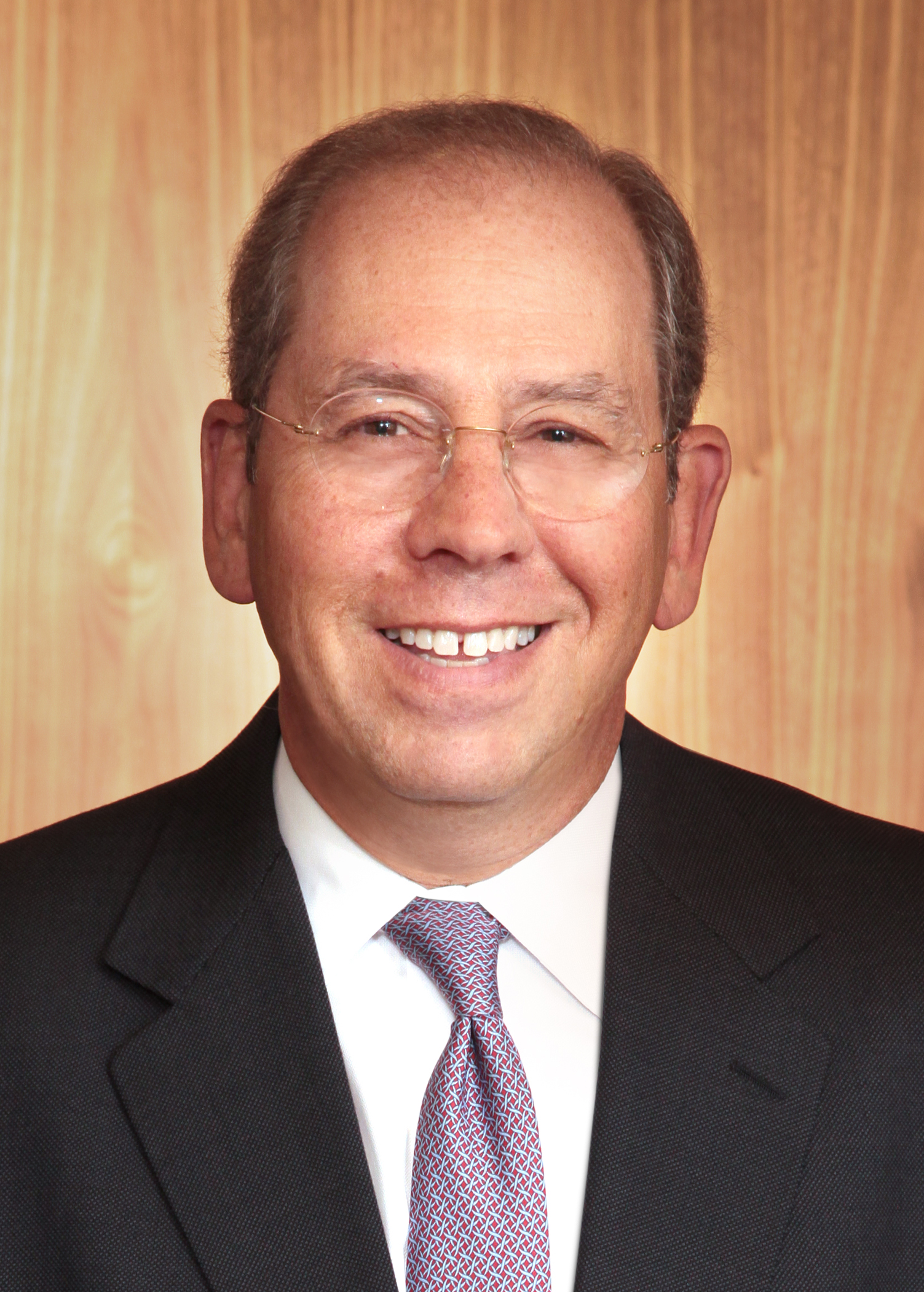
Frank Leto is the President and CEO of Bryn Mawr Bank Corporation (NASD: BMTC) and Bryn Mawr Trust. Mr. Leto has been President since May 1, 2014, and Chief Executive Officer since January 1, 2015, as well as Chief Operating Officer from May 1, 2014 through December 31, 2015. He was also the Executive Vice President and head of the Bank’s Wealth Management Division from January 2009 through April 2014, and General Counsel of the Bank from April 2012 to April 2014.
The bank has made very bold moves to expand regionally. “Over the last eight years or so, we have completed nine acquisitions. Royal Bank is our 10th one and will be completed in the next few weeks before year end. To take you quickly through them, in 2010 we acquired a bank called First Keystone Bank located in Delaware County, Pennsylvania, which is a contiguous county to Bryn Mawr Trust, and so it gave us a good strong foundation in that county. In 2012, we actually had two acquisitions that year. We first acquired Davidson Trust Company, which was a trust company located in market about $1 billion of assets. The year previous to that, in 2011, we acquired Hershey Trust Company’s private wealth management group that had about $1.1 billion in assets that was being managed in Hershey, Pennsylvania in Central Pennsylvania. We acquired that group and have continued to operate that in Hershey.”
The growth phase has included an insurance subsidiary as well. “In 2014, we acquired our first insurance agency, and subsequent to that we merged our existing insurance agency into that one, and that has formed the basis of growing the group. Subsequent to that we acquired RM McAllister Agency, and then most recently in May of this year we acquired the Hirshorn Boothby agency.”
Read the entire interview with complete details about CEO Frank Leto’s plans for the Bryn Mawr Bank in the Wall Street Transcript.
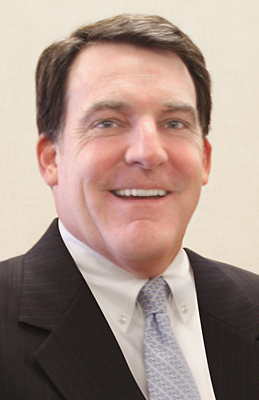
Rex L. Smith III is a Director, and the President and Chief Executive Officer of Community Bankers Trust Corporation and Essex Bank (NASDAQ:ESXB). Mr. Smith has been a director of the company since 2011. Mr. Smith has been President and Chief Executive Officer of the company and the bank since 2011. He served as the bank’s Executive Vice President and Chief Banking Officer from 2010 to 2011, and he held the responsibilities of President and Chief Executive Officer of the company and the bank, including serving as Executive Vice President of the company, for eight months in 2010 and 2011.
From 2009 to 2010, he was the bank’s Executive Vice President and Chief Administrative Officer. From 2007 to 2009, he was the Central Virginia President for Gateway Bank and Trust, and from 2000 to 2007, he was President and Chief Executive Officer of The Bank of Richmond. Mr. Smith has over 35 years of experience in the banking industry and a unique perspective from the management experiences that he has had with different banks. He is also intimately aware of the particular opportunities and challenges facing the company and the bank, as he has been a member of executive management for eight years.
In his exclusive interview with the Wall Street Transcript, Mr. Smith details the strategy and tactics for developing a small regional bank.
“We have added two or three new branches a year. Most recently, we have gone into a new market in Lynchburg, Virginia. We opened a loan production office that has been there for a few years. We opened a branch up in May. Then, just recently, in fact Monday — December 4, 2017 — we opened our second location in Lynchburg. It is a market that we like as it is contiguous to the Central Virginia market with a lot going on. We have continued to expand in the Maryland market. In Richmond, we opened a new branch in the Short Pump area this year. We have a second one planned in the Midlothian area of Richmond.
So we have done a lot of de novo, but I think we also have some excess capital. At some point, we will run across another bank that is tired of trying to fight the battle and does not have the size to make the economics of scale work and has similar types of growth patterns. Somewhere among the Maryland and Virginia geography, we are going to find somebody and join up and partner with them.”
Rex Smith also highlights some of the unusual marketing tactics that has increased his bank’s brand awareness:
“TWST: Can you provide an example of what you think will be a point of uniqueness, even if it is something small?
Mr. Smith: We have pet days at our branches that we discuss on social media. If you go to Facebook and Twitter, you can see we announce the pet of the week. People bring in cats and dogs. We had a potbellied pig come in one day.
We are trying to make it a unique and fun atmosphere for our clients so they feel comfortable coming into a financial institution. That is one of the examples. One of our branch managers picked up on the fact that there were people who were leaving their pets in cars when it was hot or cold, and so now we are encouraging them to bring the pet in, and we are taking photos and giving away some prizes.
We do “Lunch On Us” throughout the year at the branches, where we go out and grill lunches and do giveaways. We are encouraging our customers to come in and interact so we can learn about each other.”
To get the full picture of the Community Bankers Trust Corporation and Essex Bank plans for growth, read the entire interview at the Wall Street Transcript.

Chris Kotowski is a Managing Director and a Senior Analyst at Oppenheimer & Co. Inc. Mr. Kotowski covers the large-cap banks and brokers, private equity companies and the business development corporations. Mr. Kotowski originally joined Oppenheimer in 1985 as a research associate in the banks franchise and was promoted to Senior Bank Analyst two years later. Over the next nine years, he led a team of four in covering over 45 stocks, supporting both large-cap institutional efforts and the firm’s small-cap franchise. During this time, he was often represented in Institutional Investor’s annual rankings and was consistently ranked among the firm’s top analysts. In this exclusive interview with the Wall Street Transcript, Mr. Kotowski reviews the landscape of financial institution stocks.
“I’ve been covering these stocks on and off for 30 years, and there is always a fairly large population of bank haters and bank skeptics. That is why these stocks tend to trade, like I said, between 60% and 80% relative to p/e. What I would tell you is that I have never seen the banks actually be as well-managed and as de-risked as they are now and yet, at the same time, have as many skeptics as there are. I think it is a healthy combination.”
The Oppenheimer & Company analyst picks out one large bank stock as his current favorite.
“Citigroup (NYSE:C) remains one of the few really excellent values. It is still trading fairly cheap in absolute terms. The stock is $73 with tangible book at about $67, so it is trading at a very small premium to tangible book at a time when most bank stocks are trading, say, between 1.8 and two times tangible book. It is still very cheap. Citibank, for all that, was the poster child of everything that went wrong in the first decade of the 2000s.
It is a consistently profitable company. It has been earning $15 billion or so a year for the last three years. Just to put that into perspective, that is more than Amazon (NASDAQ:AMZN), Facebook (NASDAQ:FB) and Netflix (NASDAQ:NFLX) combined. So it is a very profitable company. It doesn’t have the growth of those other companies, but it generates a lot of earnings, and it will return $15 billion to $20 billion of capital a year for the next couple of years because its capital generation is actually in excess of the reported earnings. It will be a good stock for the next two years.”
For more top financial stocks from this sage investment analyst, read the entire interview in the Wall Street Transcript.
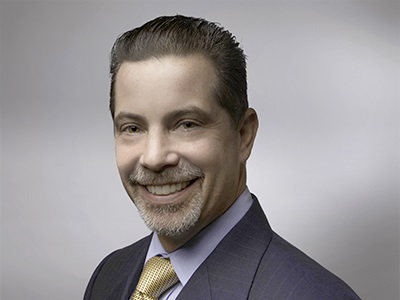

Eric R. Heyman is the Executive Vice President, Portfolio Manager and Director of Research of Olstein Capital Management, L.P., and the Portfolio Manager of the Olstein Strategic Opportunities Fund and Olstein All Cap Value funds.
Timothy S. Kang, is the Senior Vice President and Senior Research Analyst for Olstein Capital Management, L.P. which he joined in April 2006. Previously, he held the position of Vice President/Equity Research Analyst with Citigroup Asset Management covering Asia ex-Japan financial companies and assisted in covering U.S. banks.
These two highly experienced portfolio managers review a number of their top picks and the methodology they use in choosing them in their exclusive interview in the Wall Street Transcript. The focus for these experts is on smaller cap public companies: “…when most investors are thinking — small-to-midsized companies, they think of fast-growing companies and finding the next big concept or technology. We emphasize looking for what are undervalued companies or situations where companies are undertaking turnaround strategies that shift their internal focus to greater efficiency or increasing shareholder value. The companies that we own have solid cash flow, great balance sheets. So they have flexibility to increase dividends or buy back stock or pay down debt — actions that return free cash flow to shareholders.”
A good starting point is one of their current favorites. “Spartan Motors (NASDAQ:SPAR) is a play on the growth of e-commerce as the company is the leading producer of last-mile delivery vehicles — Utilimasters is what they are called — including walk-in vans, truck bodies and cargo van upfits. A commonly cited statistic is that e-commerce is expected to grow at three times the rate of GDP. It is expected that over 64 million packages will be delivered daily by 2026; all of those packages need to be delivered somehow, and Spartan has the number one position in last-mile delivery vehicles.”
To get more insight into Spartan Motors and many other top picks from Timothy Kang and Eric Heyman, read the entire interview in the Wall Street Transcript.
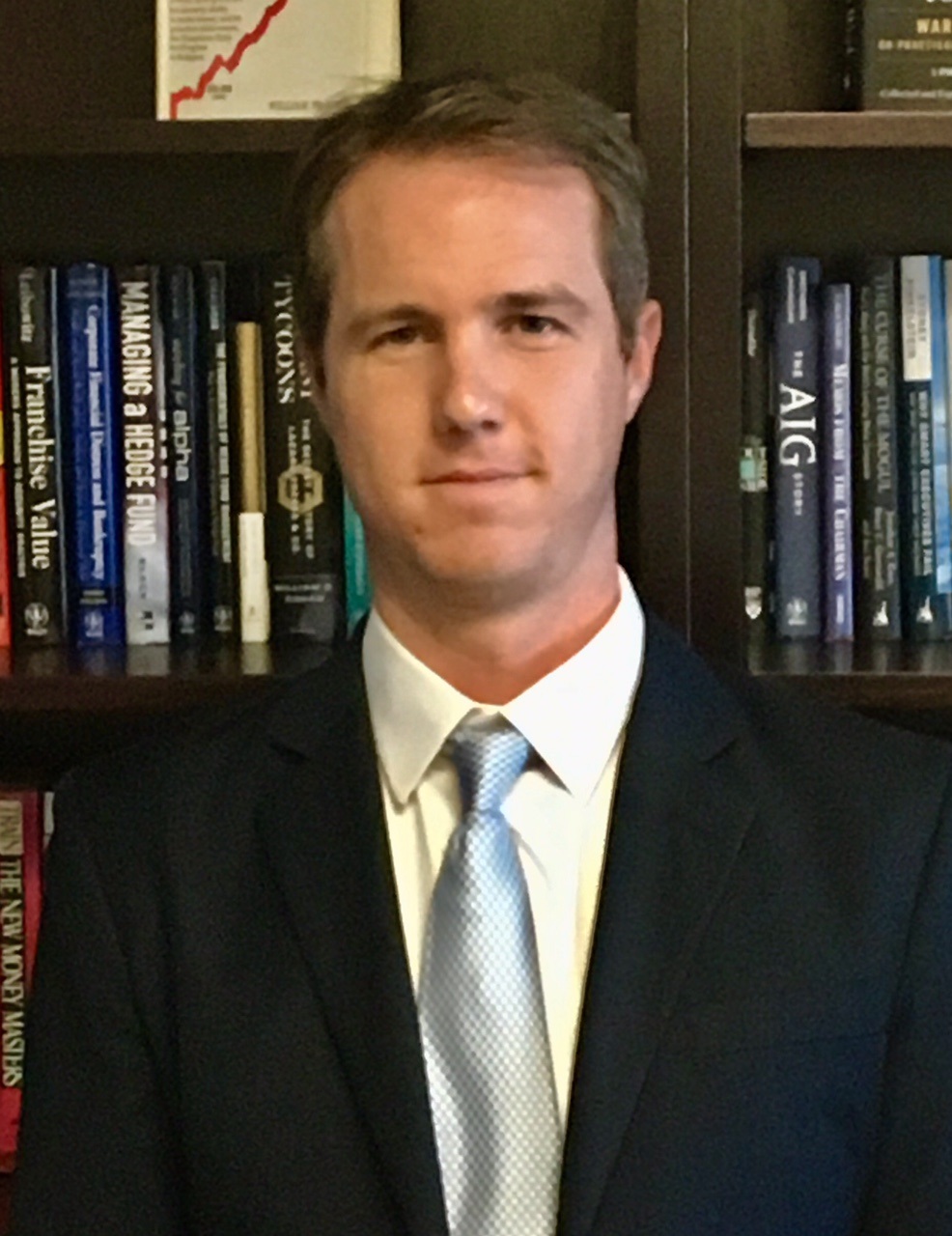
Brian Laks, CFA, is a Research Analyst at Old West Investment Management, LLC. He is a member of the Portfolio Management Team and Old West Investment Committee. Prior to joining Old West, Mr. Laks was a research analyst at NWQ, an affiliate of Nuveen Investments. He earned his undergraduate degree and MBA from the Marshall School of Business at the University of Southern California.
In this exclusive interview with the Wall Street Transcript, Brian Laks explains the inception of their investment philosophy: “…We manage about $200 million across a few different strategies, and our philosophy focuses a lot on people. We look at insider transactions and insider ownership, and also follow a number of investors with great track records. If we can find a company that has significant insider ownership where insiders have recently been buying, and it’s owned by a number of smart investors, that’s usually a good starting point for us to begin a more traditional value analysis.”
The insider trading activity is used as an indicator of significant inflection points. For example, an investment in Enphase Energy (NASDAQ:ENPH) created an opportunity for the portfolio manager. “And so in January of 2017, we saw just that. There was a large strategic investment from T.J. Rodgers, who was the Founder and former CEO of Cypress Semiconductor (NASDAQ:CY), and as part of the investment, he was appointed to the board of directors. He has a long history in the technology industry. He founded Cypress in 1982 and grew it into a multibillion-dollar company before he retired in 2016. He also had experience in the solar industry as Chairman of SunPower (NASDAQ:SPWR) during its IPO. So he comes on, brings in consultants from McKinsey who he had worked with before, and they started to grapple with some of these cost issues and essentially initiated a companywide restructuring.”
To see more examples of this type of innovative stock picking read the entire interview in the Wall Street Transcript.

Jason Lazarus, CFA, Vice President and Portfolio Manager of the Intrepid Income Fund, joined Intrepid Capital Management, Inc., in 2009. In his exclusive interview with the Wall Street Transcript, Mr. Lazarus details his portfolio picking philosophy as well as several top picks and the rationale for his purchase of that security.
“Intrepid has a long history applying fundamental value-based analysis to small-cap stocks in particular. Of course, there are a lot of managers that follow the same philosophy, but we think we’re truly unique in a few ways. First, we follow a strict absolute-return orientation, so we don’t use relative valuation metrics to value companies. We’ve got a very long-term focus. So that frees us from the need to be fully invested at all times. This basically means that if we can’t find an attractively priced security, the default will be cash or a T-bill.”
The inclusion of debt investing gives the money manager the opportunity to give his investors a significant current return as well as preserving upside potential. “…the process really extends nicely to high yield corporates, which have traditionally been an asset class with mispricings. Often, many small-cap stocks are also high yield companies simply because they’re smaller. Traditionally, we’ve been high yield investors on the fixed income side, although right now the asset class is very picked over in our opinion. Like the equity process, we’ve got a very flexible mandate. We can invest in a broad array of income-producing securities, including investment-grade, high yield, convertible bonds, preferred stock, dividend-paying equity.”
One example of this investment analysis is a high return, high yielding Florida real estate company.
“Consolidated-Tomoka Land Company (NYSEAMERICAN:CTO). It’s a Florida-based owner of office and retail income-producing properties across the U.S. It’s got roughly 2.1 million in square feet in retail and office space. And it’s concentrated in higher growth markets. The interesting thing about Consolidated is that it also owns about 8,000 acres of undeveloped land near I-95 in Daytona Beach, Florida, which it’s been monetizing over the past few years…management surprised us this year recently by securing some very attractive prices on a large portion of that land…”
To see many more examples, read the entire interview with Jason Lazarus in the Wall Street Transcript.
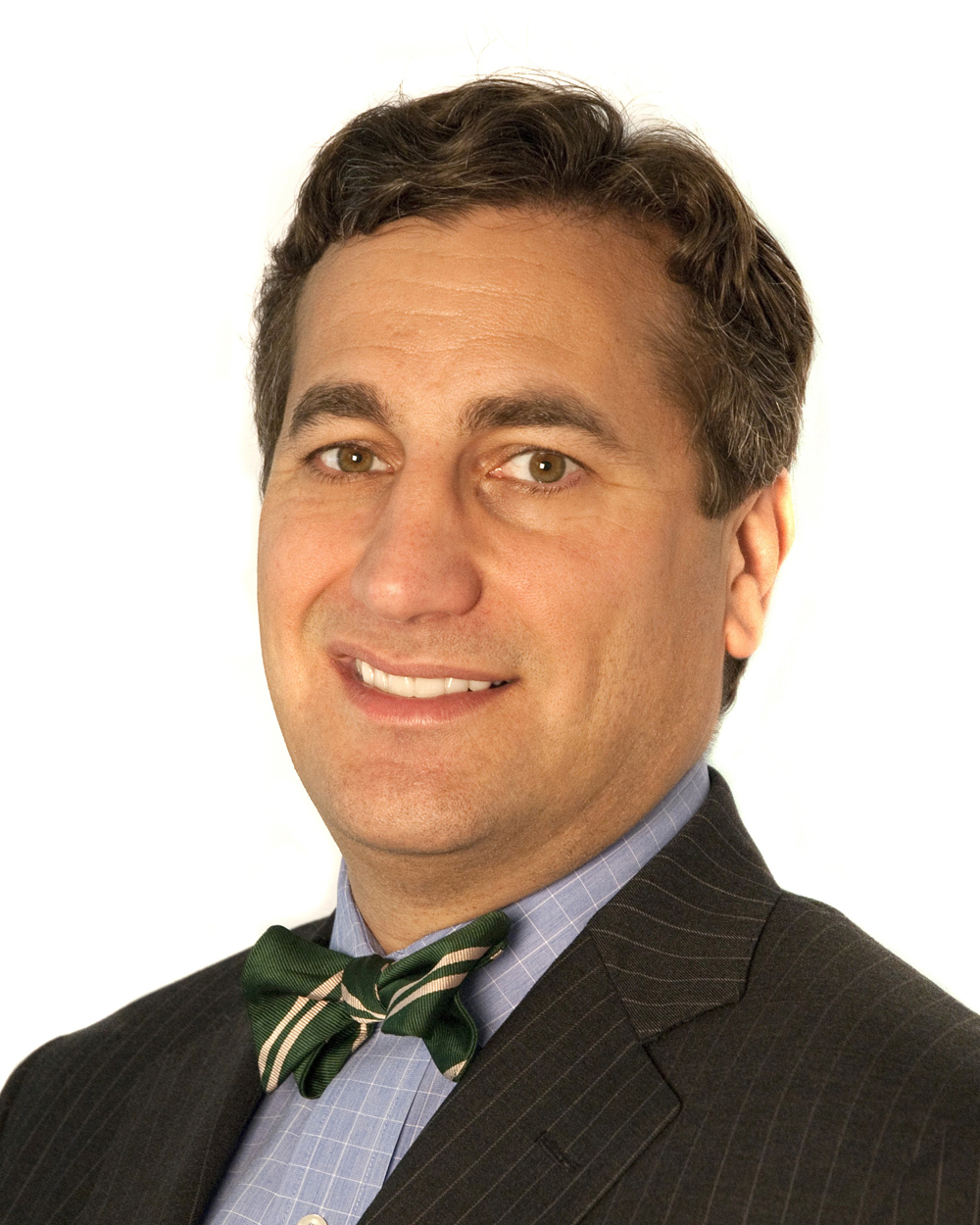
Gregg T. Abella is a Co-Principal and Portfolio Manager at Investment Partners Asset Management. He began his professional career at Chubb & Son in the International Division of the Surety Credit Department handling Latin America and Europe. Mr. Abella subsequently held a number of positions with Chubb, ultimately establishing and managing the Guaranty Department for its subsidiary, Chubb do Brasil, in Sao Paulo, Brazil. In his exclusive interview with the Wall Street Transcript, Mr. Abella details the philosophy that fuels his investment picks.
“We do invest in funds and ETFs, for sure, and we also invest directly in individual companies. Within fund sleeves, we try to specialize in unique streams of income through MLPs and business development companies, and then we also like to invest in large, mid and small-cap value and special situation investments. We like closed end funds when they trade at discounts to asset value, and then we use open ends and ETFs to get access to a lot of other different asset classes that we might not have expertise internally, but we do a lot of deep-dive diligence into the funds and fund families, to try to get what we feel are best-in-breed.”
One interesting take is the presence of bank loans in the overall portfolio. “Bank loans — funds — are exactly as they sound; they are funds that buy corporate senior secured loans that are variable-rate like working capital loans. And as rates go up, the income that you receive off of that stream of investments goes up. So in a rising rate environment, if we have inflation while long-dated bonds might recede in principal, hopefully, by being a senior in the capital structure and having a variable rate, you’d maintain principal and possibly even get capital appreciation. The one fund in particular that does this strategy is the Oppenheimer Senior Floating Rate Fund; the symbol is OOSYX.”
To get more investment recommendations from Gregg Abella, read the entire interview at the Wall Street Transcript.
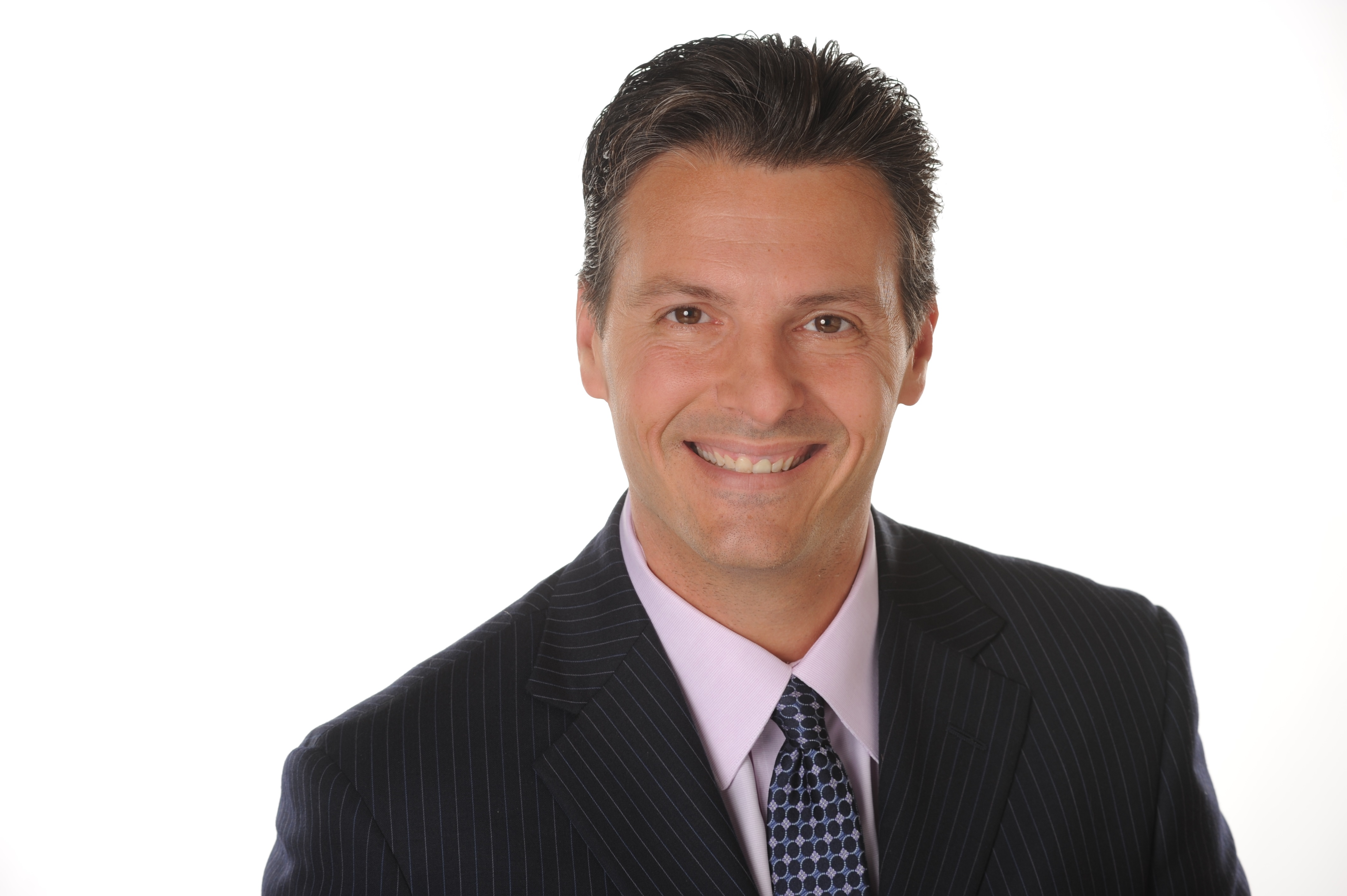
Eric Green, CFA, is the Senior Managing Partner, Director of Research and Senior Portfolio Manager at Penn Capital Management Company, Inc. Mr. Green began his career at Penn Capital in July 1997. As Director of Research, Mr. Green is responsible for guiding the firm’s day-to-day research process. He also serves as the Portfolio Manager for Penn Capital’s small-cap and midcap equity strategies and chairs Penn Capital’s equity strategy committee. In this exclusive interview with the Wall Street Transcript, Eric Green describes the unique investing methodology of the Penn Capital Management Company.
“The philosophy stems from the coverage of the entire capital structure. All our analysts are required to have an opinion on the value of the stocks, bonds, converts, preferreds and bank loans for all the companies that we follow. We believe being experts in understanding the balance sheet and cash flow statement and the debt capital markets gives us a competitive advantage in picking the best stocks.”
Using the Penn Capital stock picking philosophy has resulted in some big winners.
“The industry fundamentals for the gaming suppliers have improved dramatically over the last year. With Caesars (NASDAQ:CZR) coming out of bankruptcy, they’re now replacing their slot machines much faster than they did in the past. This is leading to their competitors also replacing their slot machines. Despite the fact Scientific Games’ (NASDAQ:SGMS) stock has done very well, we still believe there is a lot of value left in the company and believe the stock can move considerably over the next 12 to 18 months.”
“The catalyst for Scientific Games is that they have an interactive division that offers social gaming and continues to grow very rapidly; however, the valuation of that is not reflected in the existing price of the stock. They’ve also, with the improvement that they’re seeing in their different businesses and some of the recent acquisitions that they’ve made, will be able to reduce the debt on their balance sheet faster than many expect. We expect there will be a transference of the value of the debt to the equity and that the multiple should improve as the fundamentals become more apparent to the market.”
To read the entire interview and discover more stocks recommended by Eric Green, read the entire interview at the Wall Street Transcript.
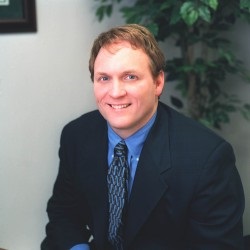
J. Jeffrey Auxier is President of Auxier Asset Management LLC and Founder of the Auxier Focus Fund. Prior to forming Auxier Asset Management in 1998, Mr. Auxier spent 16 years at Smith Barney — formerly Foster Marshall-American Express, then Shearson — where he was on the Portfolio Management Advisory Board and the Chairman’s Council, and was Senior Vice President of Investments and Senior Portfolio Management Director. In this exclusive interview with the Wall Street Transcript, Mr. Auxier explains the methodology that his firm practices:
“We have a documented track record going back to 1989 for separate accounts and back to 1999 for the Auxier Focus Fund. We started the fund close to the top of the market in 1999, and it’s pretty much outperformed all of the major indexes since that time. We survived two 40% market declines in nine years. So normally, when the market gets tough, you’ll find out who the real investors are.”
The current high profile portfolio companies include some recognizable biotech names: “In general, we really like valuations of several leading biotech companies, like Amgen (NASDAQ:AMGN), which is going to earn close to $14 this next year and trades at $169. Amgen has $38 billion in cash, and 40% of their sales are free cash. They’ve got just staggering amounts of free cash, and we like what’s going on in terms of the innovation and then some of the deregulation, where these companies can finally get safe compounds out to the market, but it’s been a laggard, but 13 times earnings and an attractive free cash flow yield. As we get into a potential tightening as we run down to 4.1% unemployment and then with the new tax code, we’d see actually the potential for quite a boom in new business formations.”
Mr. Auxier includes another big biotech stock in his portfolio.
“We have a fairly large stake in Biogen (NASDAQ:BIIB) as a bet. Biogen is a leader in basically diseases of the brain: MS, ALS, Parkinson’s and Alzheimer’s. So we think, in time, those businesses that are most focused on research will win in the end.”
For full descriptions of these recommendations and many more of Mr. Auxier’s winners, read the entire interview in the Wall Street Transcript.
The Wall Street Transcript has conducted over 50 extensive interviews with expert research analysts, money managers and public company CEOs in the Medical and Healthcare sectors including biotechnology, medical devices, healthcare related REITs and large pharmaceutical companies. You can access all of them, and all past and future healthcare interviews for $200 off the normal $390 cost by using the coupon code “$2000ff” in the Wall Street Transcript check out form.
Some of these insights include these expert winners:
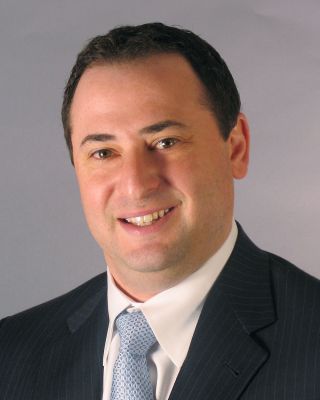
Brian Weinstein, CFA, is a Partner at William Blair & Company, which he joined in 2001. Mr. Weinstein is a Health Care Analyst with coverage in diagnostic products and medical technology.
“If we’re looking for January 1, 2018, to December 31 of 2018, I might go with Hologic (NASD: HOLX). I think that there are some interesting things that are going on with that company. It’s been under a lot of pressure over the last six to nine months. And I think that some of those pressures are going to alleviate a bit, as we move into 2018 specifically. The company announced an acquisition on Valentine’s Day this year that closed at the end of March, a medical aesthetics company called Cynosure. That asset was not viewed particularly well by most of Wall Street. And the early integration has proved to be much more challenging than what the company had expected.”

Sean Dodge is an Equity Analyst at Jefferies Group LLC. Mr. Dodge joined Jefferies in March 2010 and is a senior analyst covering stocks in the health care IT and services sectors.
“I like Allscripts (NASDAQ:MDRX). The management team there has successfully managed through their turnaround and are coming out the other end with a lot of momentum. They’ve had some nice, big headline wins over the last 12 to 15 months. We have seen signs of their in-patient installed base stabilizing. They have been able to win some new share and taken quite a bit of cost out of their system, so any type of revenue growth should drive some nice operating leverage and then really nice EBITDA growth.”
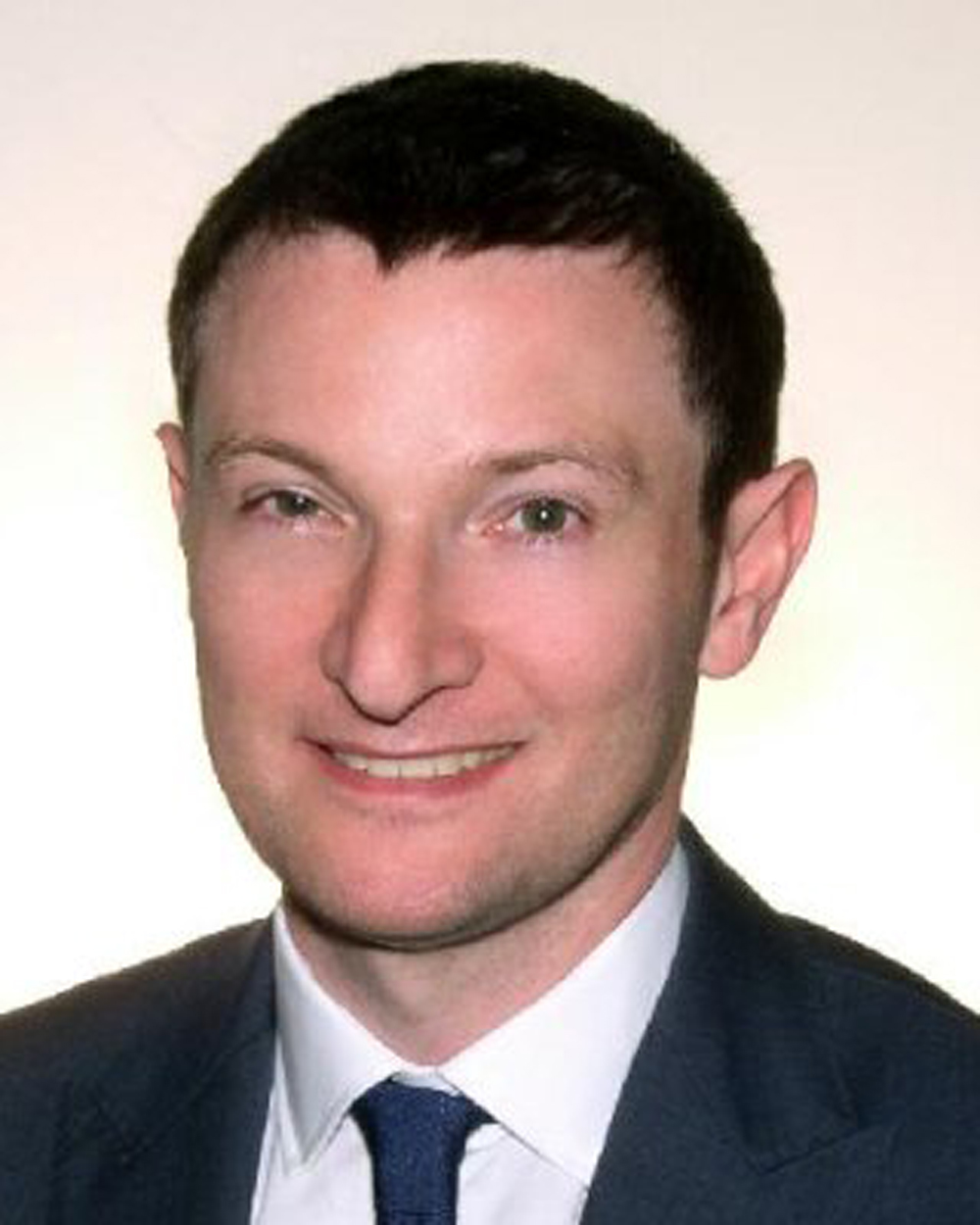
Yigal Nochomovitz, Ph.D. is a Director and Smid-Cap Biotech Analyst at Citigroup Investment Research & Analysis. Dr. Nochomovitz has covered the ophthalmology space as well as other disease areas including oncology, rare disease, nephrology, hematology and infectious disease over his career on the sell side.
“Lexicon (NASDAQ:LXRX) is underappreciated because I don’t think the market is giving them enough credit for what is likely to be the first oral drug approval for Type 1 diabetes, on top of insulin. It is a company that has been around a very long time. Sometimes when investors had seen a company for years and years, it is harder for them to get behind a story that is changing and that is getting a lot of positive momentum, which I think Lexicon has. That one is misunderstood.”
To access all of these interviews, and hundreds more both now and for the next year, use the $2000ff coupon for the Healthcare sector subscription at the Wall Street Transcript.